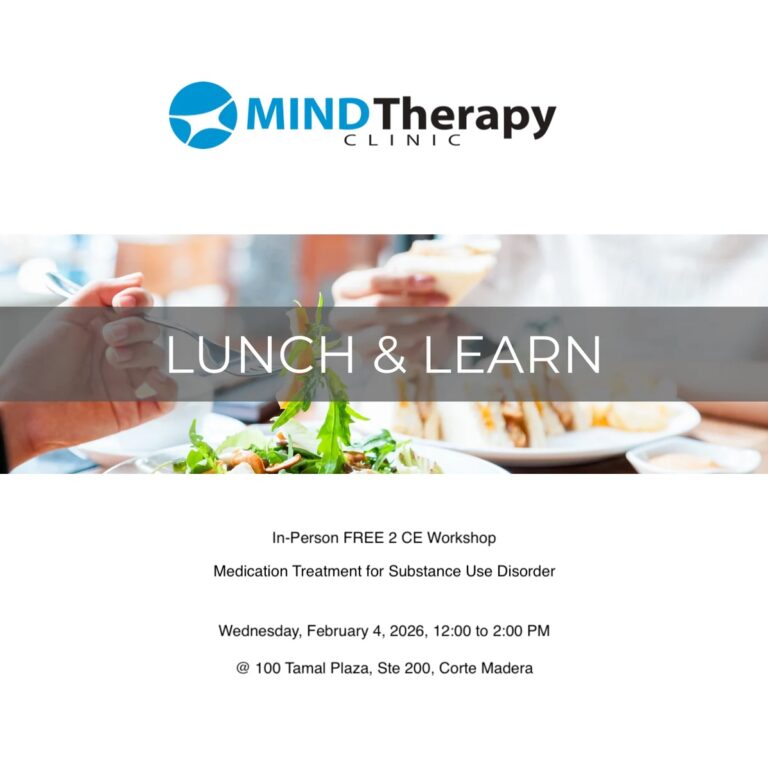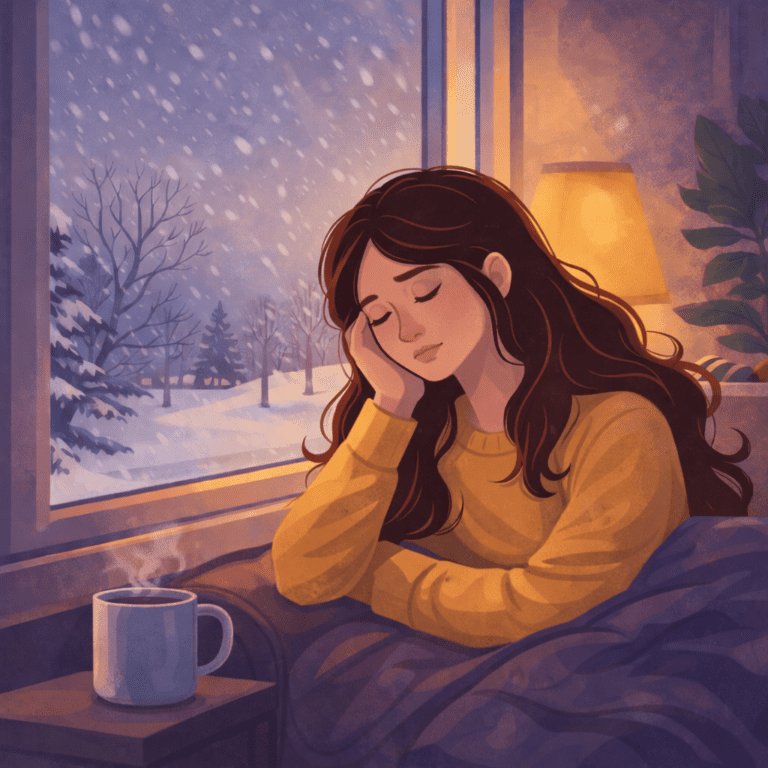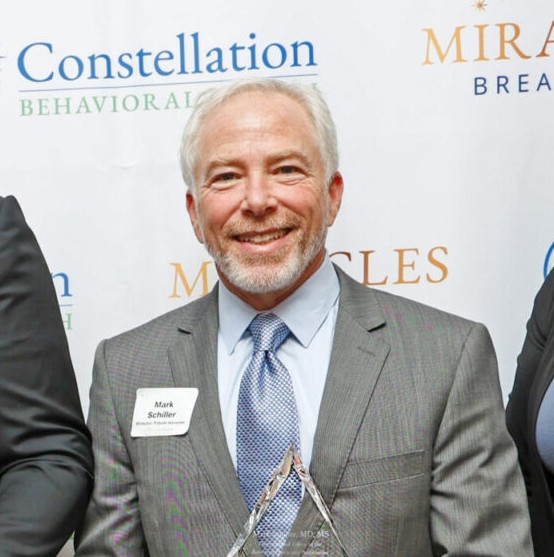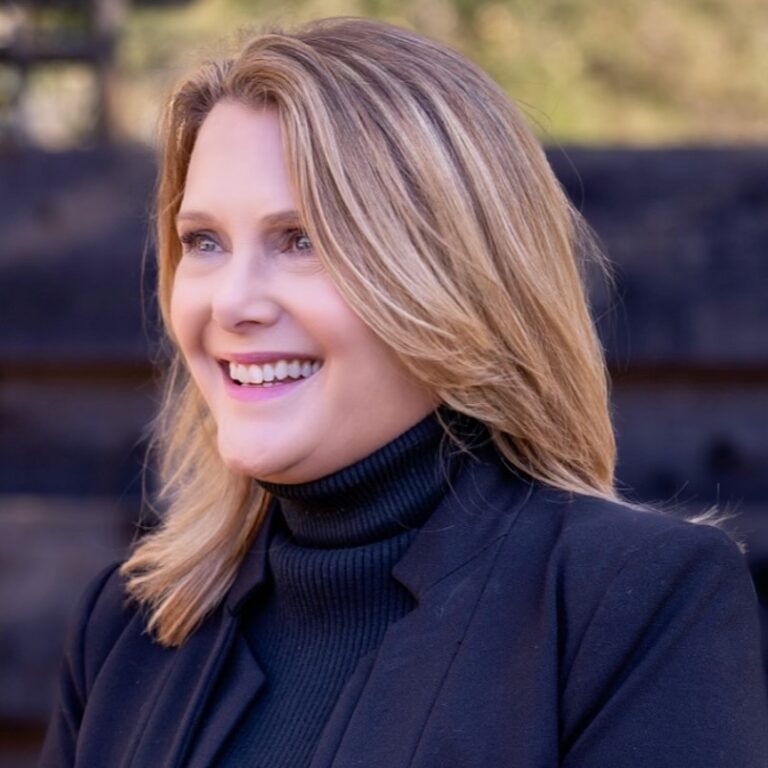ADHD
Attention-Deficit/Hyperactivity Disorder affects focus, organization, time management, and emotion regulation. It looks different across the lifespan: children may struggle with restlessness and impulsivity; teens and adults often report procrastination, missed deadlines, overwhelm, and relationship friction. ADHD also commonly occurs with anxiety, depression, trauma-related symptoms, and learning differences; durable progress comes from treating the whole picture.
Not sure if you need help?
If you struggle with:
- Persistent difficulties with attention, planning, or follow-through
- Disorganization that impacts school, work, or daily life
- Restlessness or impulsivity that creates conflict or risk
- Feeling “always behind,” despite trying harder
- Weekly therapy or self-help hasn’t been enough
What are co-occurring disorders?
Co-occurring disorders (also called dual diagnosis) means a substance use disorder happens at the same time as one or more mental health conditions. Common combinations include depression, anxiety, PTSD/trauma, bipolar spectrum, ADHD, OCD, and personality-related difficulties. Treating only substance use – or only mental health – often leads to short-lived results. Durable recovery requires addressing both together.
–
Why integrated treatment works
- Substance use can mask or worsen mood, anxiety, and trauma symptoms.
- Mental health symptoms can trigger cravings and relapse risk.
- Coordinated care reduces handoffs, conflicting plans, and gaps that derail progress.
- Patients get one team, one plan, and consistent skills across settings.
–
How we integrate care at Mind Therapy Clinic
1) Comprehensive assessment
Psychiatry-led evaluation of substance use patterns, withdrawal risk, and mental health history; medical review and labs as needed.
2) One plan, one team
Your psychiatrist, individual therapist, family therapist, group facilitators, and case manager meet weekly to align goals and adjust care.
3) Evidence-based therapies
CBT, DBT, ACT, trauma-informed care, motivational interviewing/MI, relapse-prevention, and skills groups that apply to both conditions.
4) Medications when appropriate
Medication management for mood/anxiety/ADHD and MAT (e.g., buprenorphine, naltrexone, acamprosate) when clinically indicated.
5) Integrated family support
Education, boundaries, and coaching so home supports recovery rather than stress.
6) Step-up/step-down continuity
Seamless movement across Outpatient ↔ IOP ↔ PHP, with the same core team; option to pair IOP/PHP with 24/7 supportive living.
7) Measurement-based care
Regular symptom and functioning measures for both substance use and mental health—shared with you to track progress together.
Multidisciplinary Approach
Starting with a psychiatrist-led assessment of attention, hyperactivity/impulsivity, executive skills, sleep, mood/anxiety, and learning history; collateral and rating scales (and neuropsych testing when indicated). We align on a clear, personalized plan.
- Intensive programming or outpatient services
- Access to 24/7 supportive living (E Street House)
- Individual, family, and group therapy
- Personal case manager
- Hybrid access (in-person + virtual) to keep care consistent
Personalized Treatment
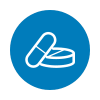
Medication
The most common type of medication used to treat ADHD are stimulants. Understanding which medication will be most effective for you can be determined by our trained professionals who uses various diagnostic tools such as rEEG . If you have concerns about side effects and risks, consult with one of our psychiatrists who can help you determine the best course of action.
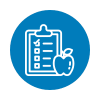
Health Approaches
Various approaches to healthy living skills are offered as an adjunct to medication treatment and psychotherapies. Healthy Living Group explores the many lifestyle considerations that support the effectiveness of mental health therapies and life-long well-being. Through the practice of awareness and understanding of one’s emotions and their impact on behavior in Emotional Regulation, group members larn to effectively manage their emotions in their day to day lives.
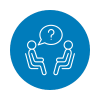
Psychotherapies
Adding psychotherapy to ADHD treatment plan my help in coping with daily challenges. Cognitive Behavioral Therapies (CBT) and Dialectical Behavioral Therapies and other life-skills developing therapies are available .
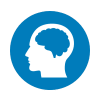
Transcranial Magnetic Stimulation (TMS)
TMS is FDA-approved procedure that has been known to be an effective treatment for ADHD. TMS uses a magnetic pulses to restore balance to the dissonant brainwave pattersn that perpetuate ADHD symptoms.
Intensive Outpatient Program (IOP)
3 Day IOP
Includes:
The 3-day program includes 2 group therapy sessions per day.
One individual psychotherapy session per week (master’s level provider or higher)
Psychiatric Evaluation & Medication Management
Family Therapy (once a week)
Case management services of up to two (2) hours per month.
Adjunct Services*
*These are additional clinically indicated services that are customizable and prescribed by the treating psychiatrist.
4 Day IOP
Includes:
The 4-day program includes 2 group therapy sessions per day.
One individual psychotherapy session per week (master’s level provider or higher)
Psychiatric Evaluation & Medication Management
Family Therapy (once a week)
Case management services of up to two (2) hours per month.
Adjunct Services*
5 Day IOP
Includes:
The 5-day program includes 2 group therapy sessions per day.
One individual psychotherapy session per week (master’s level provider or higher)
Psychiatric Evaluation & Medication Management
Family Therapy (once a week)
Case management services of up to two (2) hours per month.
Adjunct Services*
Partial Hospitalization Program (PHP)
Includes:
About 3 to 4 therapy groups per day
Two individual psychotherapy sessions per week
Psychiatric evaluation & medication management
Family therapy once a week
Case management services: 30 mins to 1 hour per week
Specialized services can be arranged at an addition cost, by mutual agreement based on need
Therapy Groups
Learn about coping strategies to reduce anxiety symptoms and gain a better understanding of the thoughts, feelings, and behaviors that perpetuate anxiety—all within a caring and supportive environment.
Anxiety Therapy
Upcoming eventBuilding Strong Relationships Group
Upcoming eventCognitive Behavioral Therapy
Upcoming eventDepression and Loss Group
Upcoming eventDistress Tolerance Group
Upcoming eventEmotion Regulation Skills
Upcoming eventEmotions and Compulsions
Upcoming eventFamily and Relationship Issues
Upcoming eventGoals Group
Upcoming eventHealthy Living Group
Upcoming eventIncreasing Connection
Upcoming eventInterpersonal Effectiveness Skills
Upcoming eventLife Satisfaction Group
Upcoming eventMindful Process Group
Upcoming eventMindfulness Skills Group
Upcoming eventPost-Traumatic Growth
Upcoming eventRelapse Prevention Skills Group
Upcoming eventSelf Compassion Group
Upcoming eventSelf-Acceptance Group
Upcoming eventShining a Light on Recovery
Upcoming eventStress and Addiction Group
Upcoming eventTaking Charge Group
Upcoming eventTaming Anxiety Group for Teens
Upcoming eventThe Next Right Thing
Upcoming eventWomen’s Psychotherapy Group
Upcoming event
We’re dedicated to providing valuable information and support for anyone who is struggling with mental health issues. Our extensive options for group therapy are led by highly experienced medical professionals. Explore our informative articles to help you better understand and manage your anxiety. Our goal is to provide a safe and supportive community where you can learn, connect, and grow.

